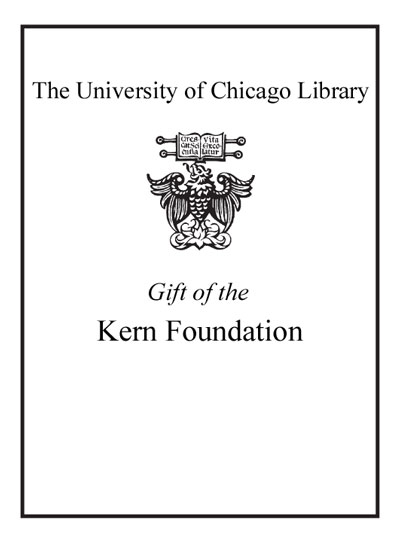An introduction to early Buddhist soteriology : freedom of mind and freedom by wisdom /
| Author / Creator: | Somaratne, G. A., author. |
|---|---|
| Imprint: | Singapore : Palgrave Macmillan, [2022] |
| Description: | xx, 308 pages : illustrations ; 22 cm |
| Language: | English |
| Subject: | |
| Format: | Print Book |
| URL for this record: | http://pi.lib.uchicago.edu/1001/cat/bib/12744899 |
| Summary: | The book offers a comprehensive discussion on the Buddhist liberation and meditation concepts based on the original Pāli scriptures of Theravāda Buddhism. It interprets the early Buddhist soteriology critically and sympathetically by interweaving the Buddhological and the Buddhistic debates on understanding the Buddha's original teaching on bondage, liberation, liberated ones, and meditation. It showcases the liberal and pluralistic character of early Buddhist soteriology by interpreting it psychologically through the lens of the Buddha's recognition of two sets of psychosomatic and epistemic mental configurations active in the human mind. It shows how this dualism pervades the early Buddhist soteriology by pointing out its recognition of craving and ignorance as two causes of suffering; the emancipation of mind and the emancipation by wisdom as two constituents of liberation; and the meditative appeasing and the meditative watching as two methods to attain that liberation. It demonstrates how the Buddha structures a gradual path to liberation enabling individuals to experience many temporary and irreversible secondary goals along the way and allowing them to join the path at any stage appropriate to their temperaments and advancement at a given time and space. The book therefore serves the students and scholars of Buddhism, religion, and psychology to obtain a comprehensive and insightful introduction to Buddhist soteriology. |
|---|---|
| Physical Description: | xx, 308 pages : illustrations ; 22 cm |
| Bibliography: | Includes bibliographical references and index. |
| ISBN: | 9789811919138 9811919135 9789811919145 |

